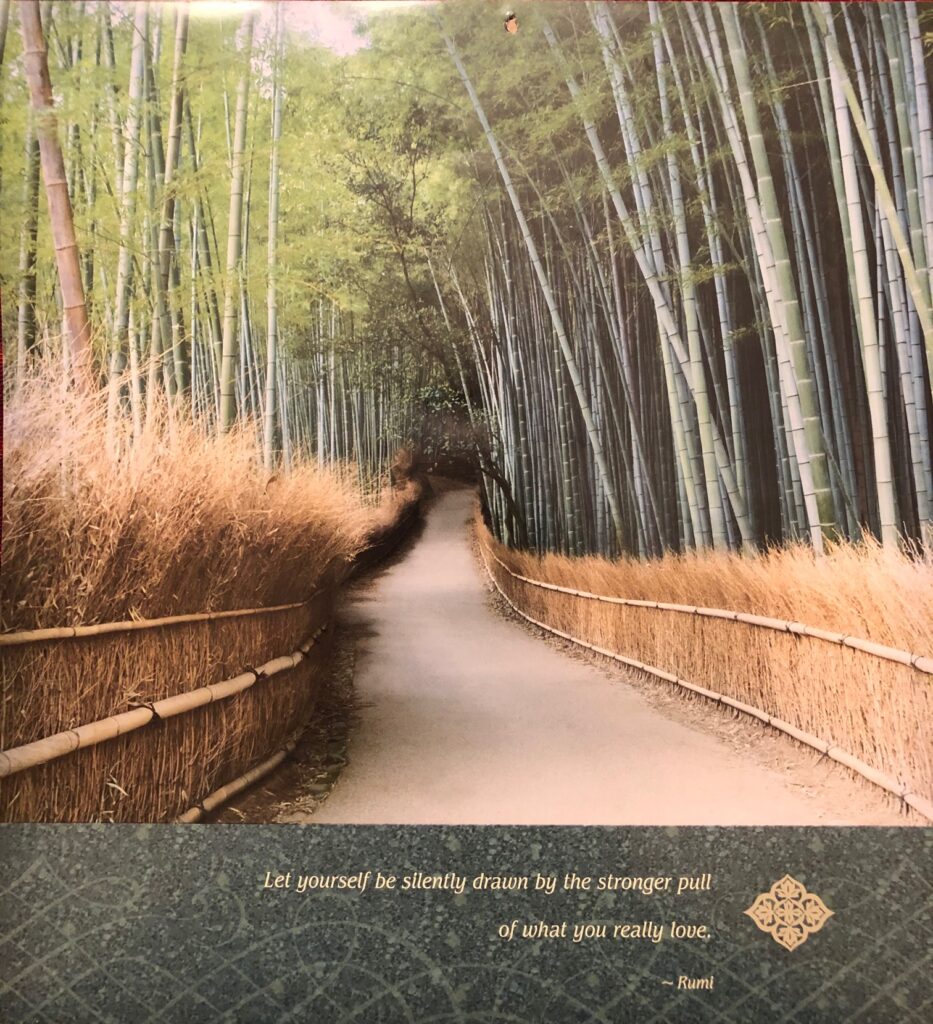When you hear the word “diet,” what comes to mind? Weight Watchers, The Zone, Whole30? Or maybe you’re thinking vegan, vegetarian, paleo and keto. With all of these labels, knowing what and when to eat is not only confusing but it can be overwhelming as well. In an effort to eat healthy, have we lost our way when it comes to knowing how to truly nourish our bodies with food?
Long before all of these labels became popular, the word diet simply meant a way of eating, or rather not eating, in order to lose weight. The problem with this type of dieting is that it rarely delivers the results you want. Sure you may lose the weight, but studies have shown that restrictive eating can lead to food obsessions as well as food bingeing. When you label a food as “bad” and tell yourself you should not be eating it, doesn’t it make you want it that much more? Suddenly, it becomes the forbidden fruit!
Because of this, many people are choosing to ditch this rigid way of eating and embrace a fairly new concept called “intuitive eating.” Intuitive eating was started about 25 years ago by two registered dietitians, Evelyn Tribole and Elyse Resch. The idea of intuitive eating, aka the “anti-diet,” was a radical departure from the diet mentality that we had grown accustomed to. Although we’ve desperately needed to change the way we think about food, it’s only been during the past 5 years that people have really started to take notice of this new way of eating.
The idea behind intuitive eating is relatively simple….follow your bodies innate ability to regulate what you eat, when you eat and how much you eat. In doing so, you will learn how to trust your body and let your internal cues, instead of a diet book, guide you. Studies have shown this will not only lead to improving your self esteem and your body image but it will ultimately lead to a better quality of life. Sounds perfect!!
Did you know that when you were a baby, you were naturally an intuitive eater. Think about it…..you ate when you were hungry, you stopped when you were full and you only ate food that tasted good to you. Unfortunately, as we got older and became exposed to marketing messages about dieting and body image, we lost our innate ability to eat intuitively.
Because intuitive eating is not a diet, there are no rules or restrictions. There are, however, some basic principles to keep in mind:
* Food is not “good” or “bad.” It’s just food!
* Try to let go of the guilt associated with what you eat.
* If you are hungry, ask yourself “what do I truly want right now?”
* Pay attention to your fullness. When you feel comfortably full, stop eating.
* Slow down. When you eat slowly and really enjoy your food, you may find that you really don’t need to eat as much.
* Notice emotional eating. If you are feeling upset, perhaps going for a walk might serve you better than eating something.
* Eat food that makes you feel good!
* Lastly, be kind to yourself. Focus on all the amazing things your body does for you every single day.
Although weight loss is not the goal of intuitive eating, it is often a surprising result. When you eat intuitively, you will naturally choose foods that feel the most satisfying to you in the moment. Intuitive eaters tend to consume fewer calories and have less food cravings so they are better able to maintain a healthier weight over time.
Of course, one might argue that some of the principles of intuitive eating could be an open invitation to down an entire pizza or eat a box of donuts in one sitting. Believe it or not, intuitive eating actually has the opposite effect. When you take the time to really listen to what your body is telling you, chances are you will know when you have had enough.
So, is intuitive eating worth trying? Definitely! Nourishing our bodies should feel good and, if we can eliminate the rules when it comes to eating, I’m all for it!!
If, however, intuitive eating feels like one more thing you “should” be doing, try to think of it this way. Let the idea of intuitive eating help you to find the balance between the outer world and your inner world. Listen to the voice within YOU and allow that voice to be your guide. You know yourself better than anyone else. When you trust the process, you will not be led astray.


